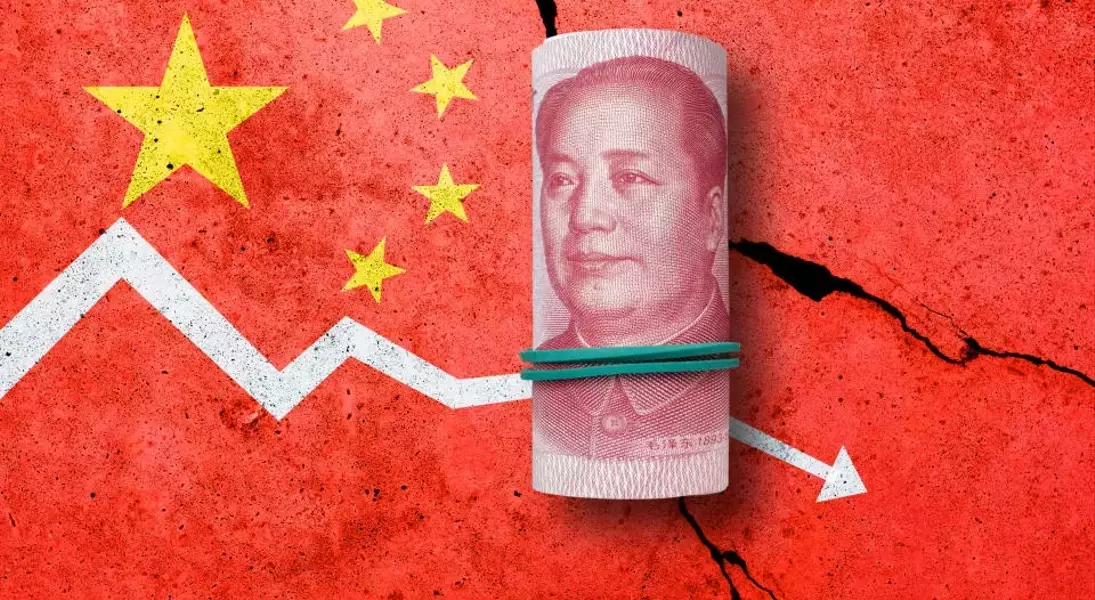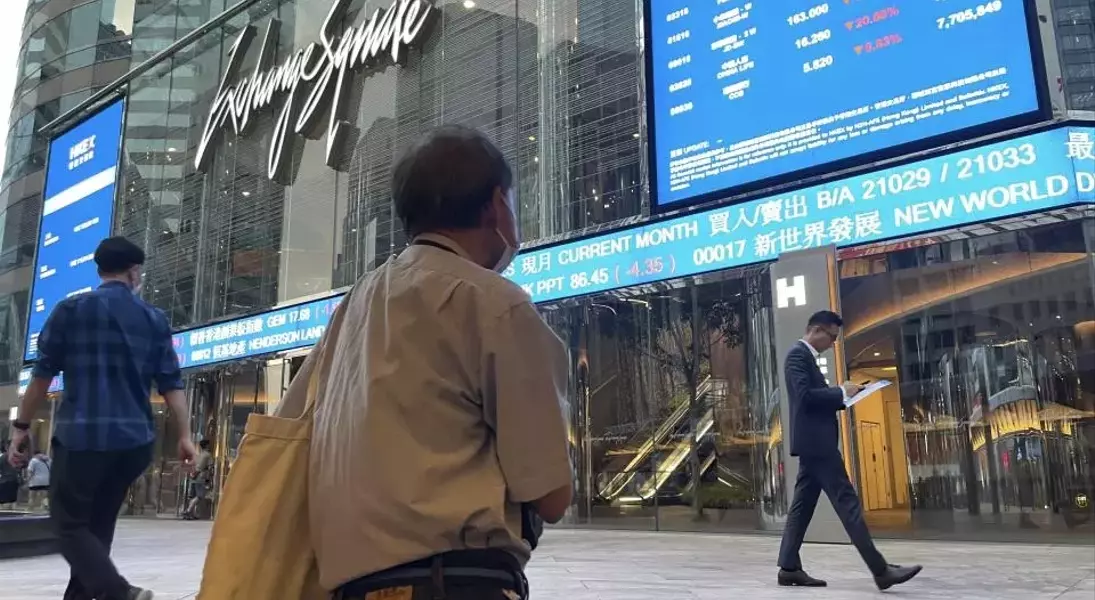China's Stocks Surge Hits Pause, Investors Await Bigger Stimulus
The recent surge in Chinese stocks hit the pause button on Tuesday as Beijing failed to roll out another large stimulus package, surprising investors who were hoping for more fuel to sustain the unprecedented rally.Unlocking China's Economic Potential: A Pivotal Moment for Investors
The Pause in the Rally: Expectations Unmet
The benchmark Hang Seng Index in Hong Kong, heavily weighted with large Chinese stocks, dropped around 9% on Tuesday, its worst day since October 2008. This came after the index had climbed around 20% over the past month, fueled by China's most aggressive monetary stimulus since the pandemic. Similarly, China's CSI 300 index experienced a volatile day, initially rising 10% after markets reopened from the country's weeklong holiday, only to give up those gains and finish the day up a more modest 6%.The stimulus measures, which include interest rate cuts, lower reserve requirements for banks, liquidity for the stock market, and mortgage relief, were aimed at course-correcting China's struggling economy, which has been grappling with deflationary pressures from a sluggish property market and weak domestic demand. However, the lack of a larger fiscal stimulus package, which economists had been anticipating, left investors disappointed.Diverging Perspectives on China's Market Outlook
Wall Street remains divided on the best course of action for investors in the Chinese market. Some experts, like Jeremy Schwartz of WisdomTree, believe the short-term "pop" in sentiment is a positive sign, but question whether it will be enough to truly revive the economy. Others, such as Brendan Ahern of KraneShares, see this as the "very, very early innings" of China's recovery, suggesting now could be the time to reassess the investment thesis.The geopolitical landscape and the upcoming U.S. election further complicate the investment decision, as investors weigh the risks and rewards of exposure to a "communist country" versus more "democratic" allies like Japan and India. Navigating this environment requires nimble trading and a willingness to adjust positions based on the level of risk.Bullish Sentiment Emerges, but Execution Remains Key
Despite the recent volatility, major financial institutions like Goldman Sachs, HSBC, and BlackRock have upgraded their outlook on Chinese stocks, citing the potential for upside between 15% and 20% for both the MSCI China Index and the CSI 300 Index. The analysts argue that low market expectations have set the stage for a positive surprise, and that the latest easing package has altered the policy narrative in a favorable direction.However, the analysts caution that more stimulus, particularly well-targeted fiscal measures aimed at reviving the property sector and consumer sentiment, will be crucial to sustaining the positive momentum. The size and implementation of these measures will be closely watched by investors, as the ultimate success of China's economic recovery will depend on the government's ability to execute its plans effectively.As the world's second-largest economy navigates these challenging times, the Chinese stock market remains a complex and dynamic landscape for investors. The recent pause in the rally serves as a reminder that while the potential for growth is there, the path forward will require careful navigation and a keen eye on the evolving policy landscape.






